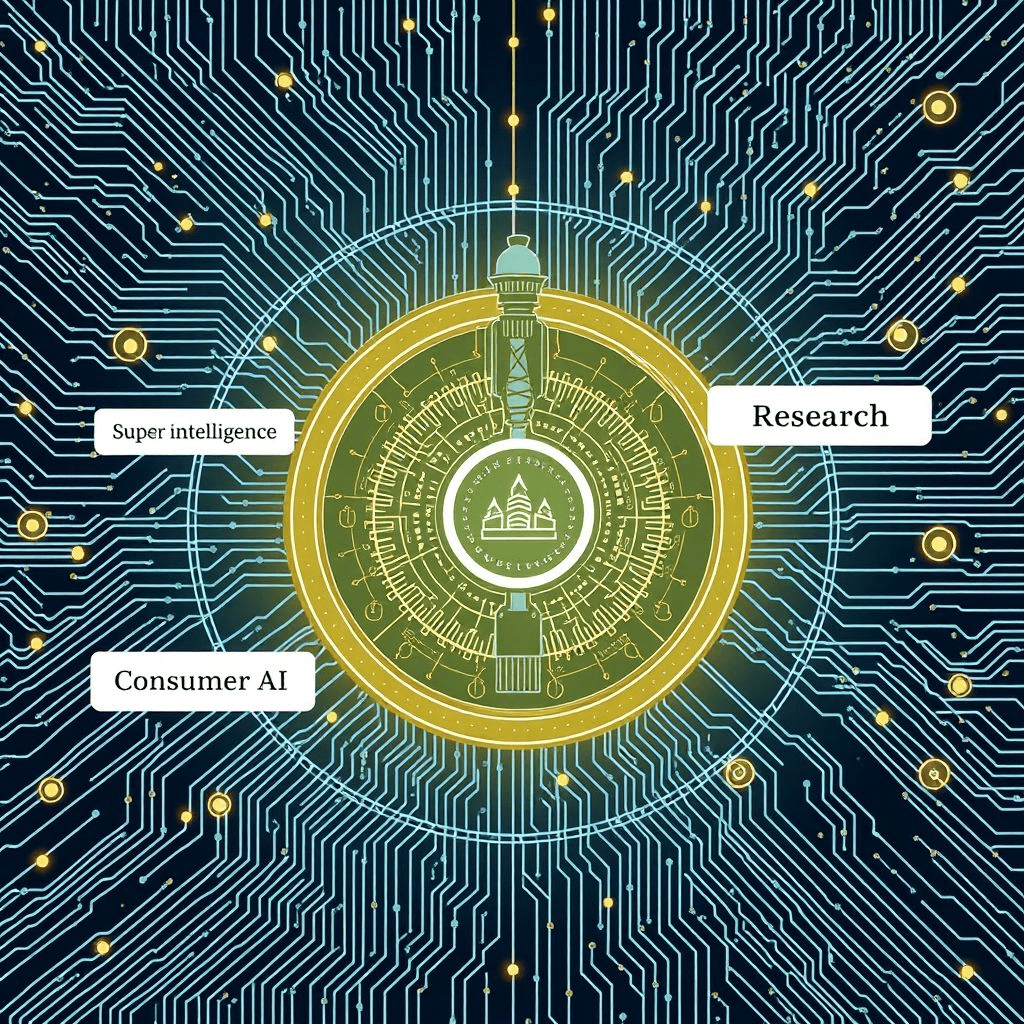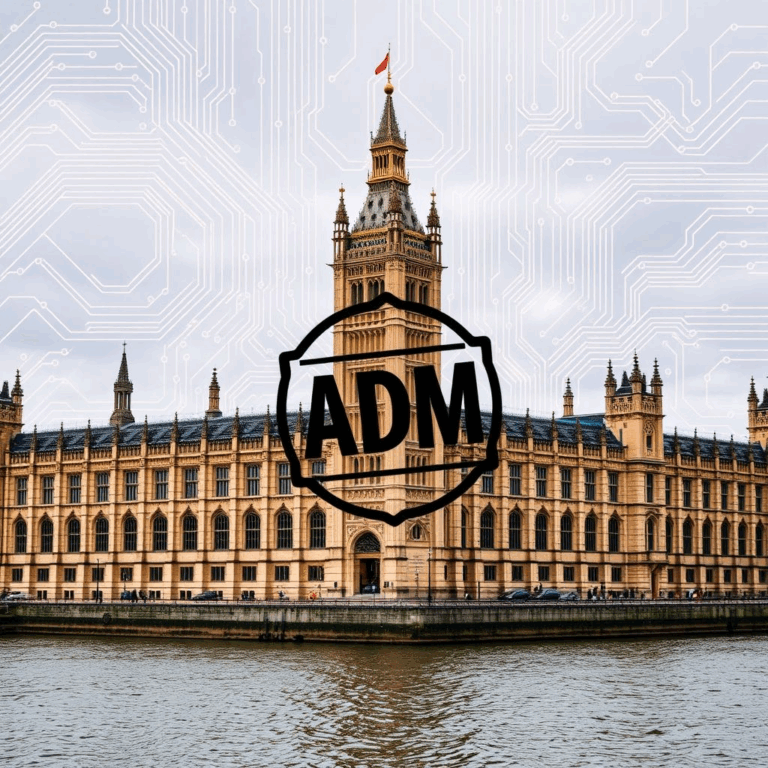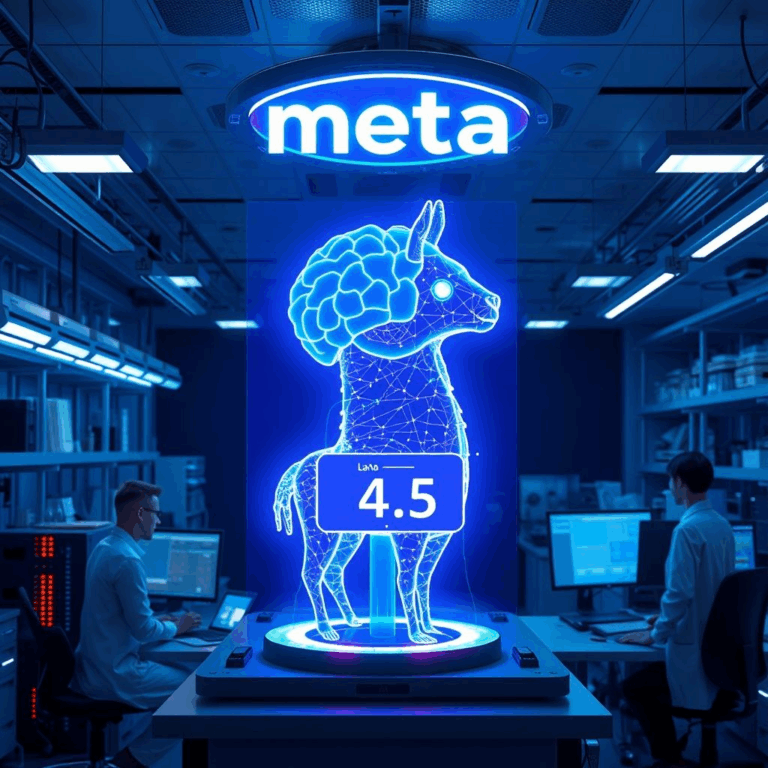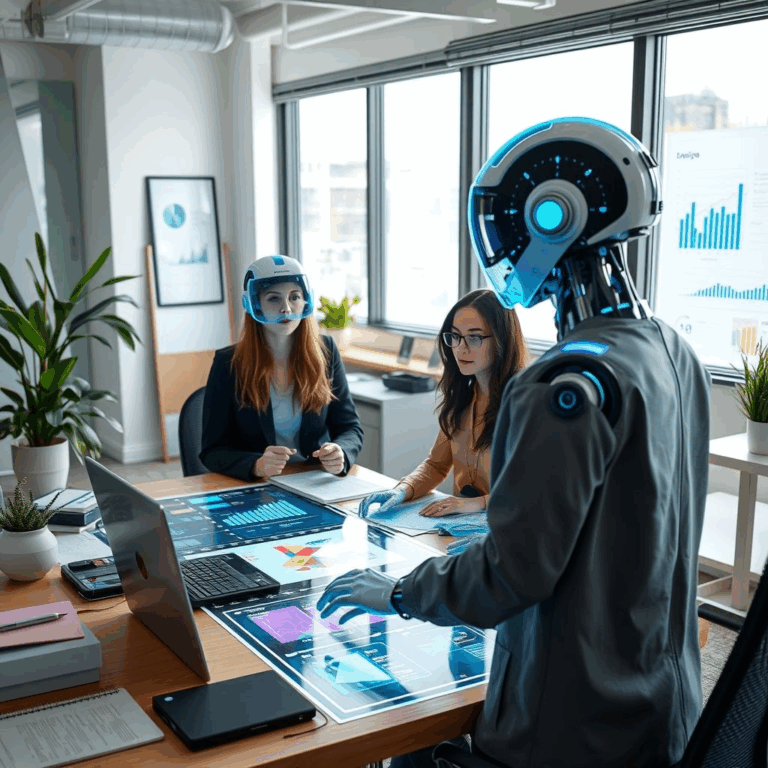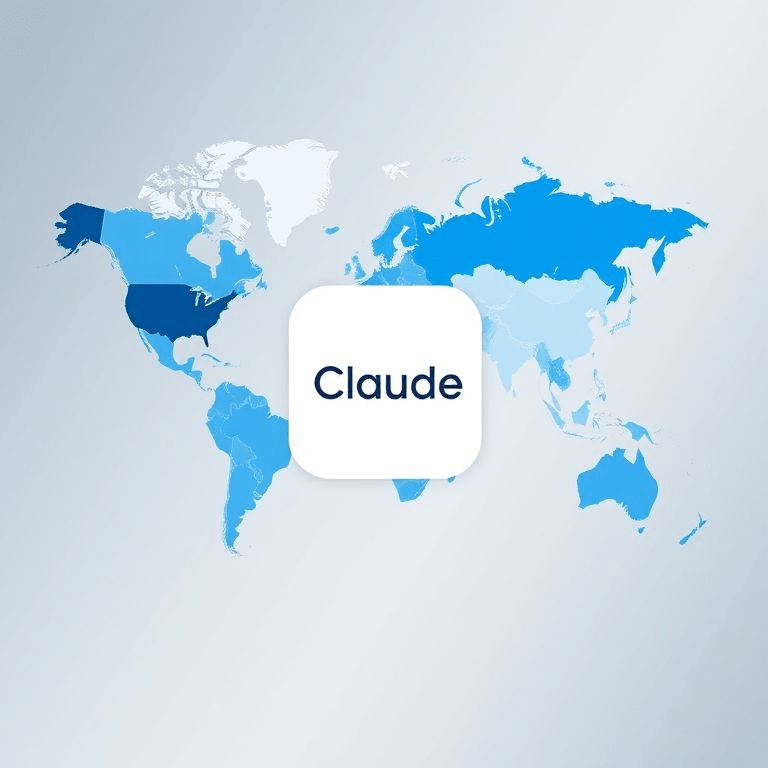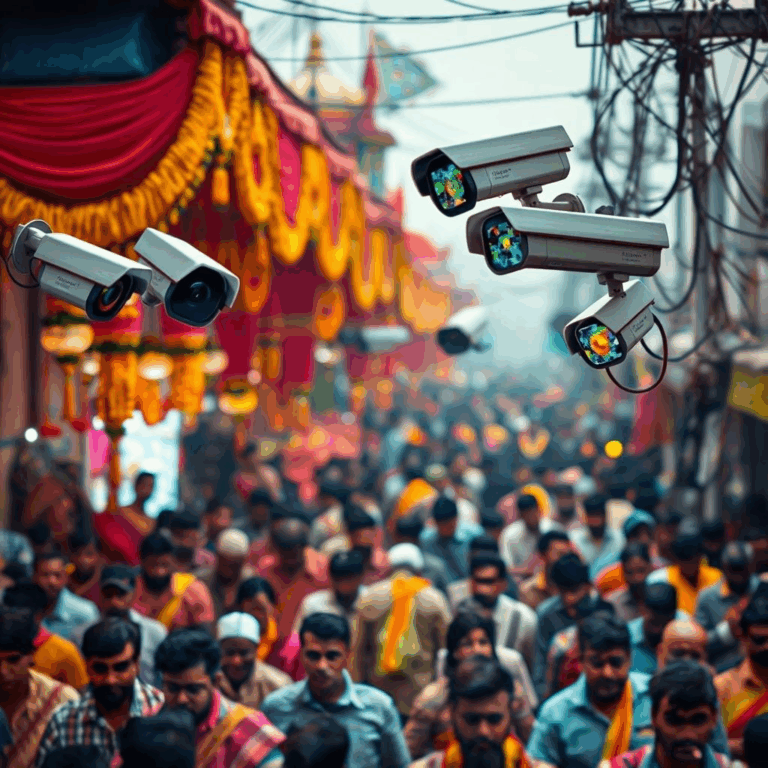Introduction
Meta Platforms, parent company of Facebook, Instagram, WhatsApp, and Oculus, has long positioned itself as one of the biggest investors in artificial intelligence (AI). From powering recommendation engines on social media feeds to developing large-scale AI language models like LLaMA (Large Language Model Meta AI), the company has consistently presented itself as a frontrunner in AI innovation.
But in a surprising move reported on August 18, 2025, Meta has placed a hiring freeze across its AI division. The freeze coincides with a sweeping corporate restructuring, where Meta has reorganized its AI operations into four distinct units:
- Superintelligence Division
- Consumer AI Products Division
- AI Infrastructure Division
- Long-Term AI Research Division
The decision comes only months after Meta aggressively recruited AI researchers from competitors like Google DeepMind and Anthropic, offering record salaries and bonuses. Now, with this freeze, questions are being raised about whether Meta is recalibrating its strategy, cutting costs, or facing internal challenges in managing its AI ambitions.
Why Meta’s AI Hiring Freeze Matters
A Shift in Tone
For years, Meta’s messaging has been simple: “AI is at the center of everything we do.” The company’s Reality Labs (responsible for VR/AR development) and its social platforms all depend heavily on AI-driven personalization, content moderation, and ad targeting.
A sudden pause in AI hiring indicates:
- Strategic realignment — Meta may be prioritizing efficiency over raw expansion.
- Financial caution — tightening budgets amid stock volatility.
- Organizational restructuring — clarifying overlapping roles within a massive AI workforce.
The Timing
The timing is significant. Meta is facing:
- Stiff AI competition from OpenAI, Google, Anthropic, and xAI.
- Regulatory scrutiny in both the U.S. and EU over data usage and content moderation.
- Financial pressure from declining ad revenue growth and the costly investments in the metaverse.
Inside the Restructuring
Meta’s AI division, once centralized, has now been split into four specialized units. Let’s examine each.
1. Superintelligence Division
This division will focus on frontier AI development, including work on Artificial General Intelligence (AGI) and scaling large language models like LLaMA 4. Meta CEO Mark Zuckerberg has publicly emphasized his belief that AGI development is critical to Meta’s future, though it comes with ethical and safety concerns.
2. Consumer AI Products Division
This unit will oversee the deployment of AI into products such as:
- AI chatbots in Messenger and WhatsApp
- AI creative tools for Instagram and Facebook Reels
- AI-driven avatars in the metaverse
3. AI Infrastructure Division
Responsible for building the backbone of AI research, this group manages:
- Training compute clusters powered by Nvidia GPUs and custom silicon.
- Data pipelines for massive training datasets.
- Optimization frameworks for scaling AI models efficiently.
4. Long-Term AI Research Division
This academic-style lab will focus on exploratory research, including ethics, AI alignment, and responsible deployment frameworks. This reflects Meta’s need to address global pressure for AI safety standards.
The Financial Backdrop
Meta’s decision to implement a hiring freeze is strongly tied to financial pressures.
- Stock Decline: Meta shares fell 4% in the week prior to the announcement, tracking broader declines across tech-heavy indices like the Nasdaq.
- High Costs of AI Talent: The company was paying $1–2 million compensation packages to attract elite AI researchers.
- Reality Labs Losses: Meta’s VR/AR division posted over $15 billion in annual losses in 2024, raising investor concerns.
- Advertising Plateau: Digital ad revenue growth slowed, hitting the company’s core business model.
A hiring freeze allows Meta to control expenses while restructuring its AI roadmap.
Industry Reactions
Analyst Opinions
Dan Ives, tech analyst at Wedbush Securities, commented:
“This is not a retreat from AI—it’s a recalibration. Meta cannot afford to burn billions chasing AI talent without clear returns. The hiring freeze is a signal of discipline, not surrender.”
Investor Sentiment
Some investors worry the move suggests instability within Meta’s AI leadership. Others see it as a necessary consolidation phase, aligning talent to priority areas.
Competitor Responses
- Google DeepMind: Analysts suggest DeepMind may gain an edge in retaining top AI talent as Meta halts recruitment.
- OpenAI: May benefit from researchers reconsidering offers at Meta.
- xAI (Elon Musk’s AI startup): Could capitalize on the freeze by luring engineers disillusioned with Meta’s restructuring.
Broader Context: The AI Talent War
Over the past three years, AI researchers have become some of the most sought-after professionals in the world. Meta, Google, Apple, and Microsoft have all offered multi-million-dollar packages for PhD-level researchers specializing in machine learning, reinforcement learning, and large-scale model training.
Meta’s hiring freeze could:
- Slow down the AI talent bidding war, providing breathing room for smaller AI startups.
- Signal a cooling phase after years of hyper-aggressive recruitment across Big Tech.
- Lead to redistribution of talent toward universities or startups focused on AI safety and niche applications.
Risks for Meta
The Meta AI hiring freeze is not without risks:
- Falling Behind in AI Race
OpenAI, Anthropic, and Google continue to launch new models and products. A freeze could slow Meta’s progress on LLaMA and AGI projects. - Talent Exodus
Without new hires or upward mobility, some of Meta’s current researchers may defect to competitors. - Internal Disruption
Restructuring into four divisions could create silos, reducing collaboration and increasing bureaucracy. - Public Perception
The freeze might be seen as a sign of weakness, even if it is strategically motivated.
Potential Benefits of the Freeze
While risky, there are potential upsides:
- Cost Savings: Meta can save millions in inflated salaries and bonuses.
- Focus on Efficiency: Encourages teams to deliver measurable outcomes rather than expanding endlessly.
- Clear Prioritization: By restructuring, Meta ensures its resources align with key objectives like consumer AI and infrastructure.
- Regulatory Goodwill: Demonstrates Meta is being cautious and responsible in its AI investments.
Regulatory Pressures
Meta is under intense scrutiny from regulators worldwide:
- European Union: The EU AI Act requires companies to comply with strict safety, transparency, and accountability standards.
- United States: Lawmakers are pushing for oversight of generative AI tools to prevent misuse in misinformation and election interference.
- India and Brazil: Emerging AI regulation markets where Meta has huge user bases.
By freezing hiring and restructuring, Meta may be aligning itself with compliance needs and reducing regulatory exposure.
The Future of Meta’s AI Strategy
Where does Meta go from here? Analysts predict several possible directions:
- Doubling Down on Consumer AI
Meta will likely push AI features inside WhatsApp, Instagram, and Facebook to enhance user engagement. - Sustaining LLaMA Research
Even with the freeze, the LLaMA series remains Meta’s flagship AI project, directly competing with GPT and Gemini. - Leveraging Open-Source
Meta may continue its open-source approach with LLaMA to maintain influence in the AI community despite hiring freezes. - Focusing on Safety
With global pressure for responsible AI, the new Long-Term Research Division may help Meta build credibility.
Expert Forecasts
- Short-Term (6–12 months): Limited impact, as Meta already has a large AI workforce.
- Medium-Term (1–2 years): Risks falling behind if competitors accelerate model launches.
- Long-Term (3–5 years): Could benefit from disciplined strategy, avoiding financial overreach.
Conclusion
Meta’s AI hiring freeze marks a turning point in its artificial intelligence journey. Far from abandoning AI, the company is restructuring to balance ambition with sustainability. By splitting its AI operations into four specialized units, Meta is signaling a long-term commitment to both cutting-edge research and responsible deployment.
The freeze raises uncertainties—about talent retention, competitive positioning, and public perception—but also offers Meta a chance to streamline operations and regain investor confidence.
In the words of one AI analyst: “This is Meta pressing pause, not stop. The real test is whether it can still sprint ahead once it presses play again.”

